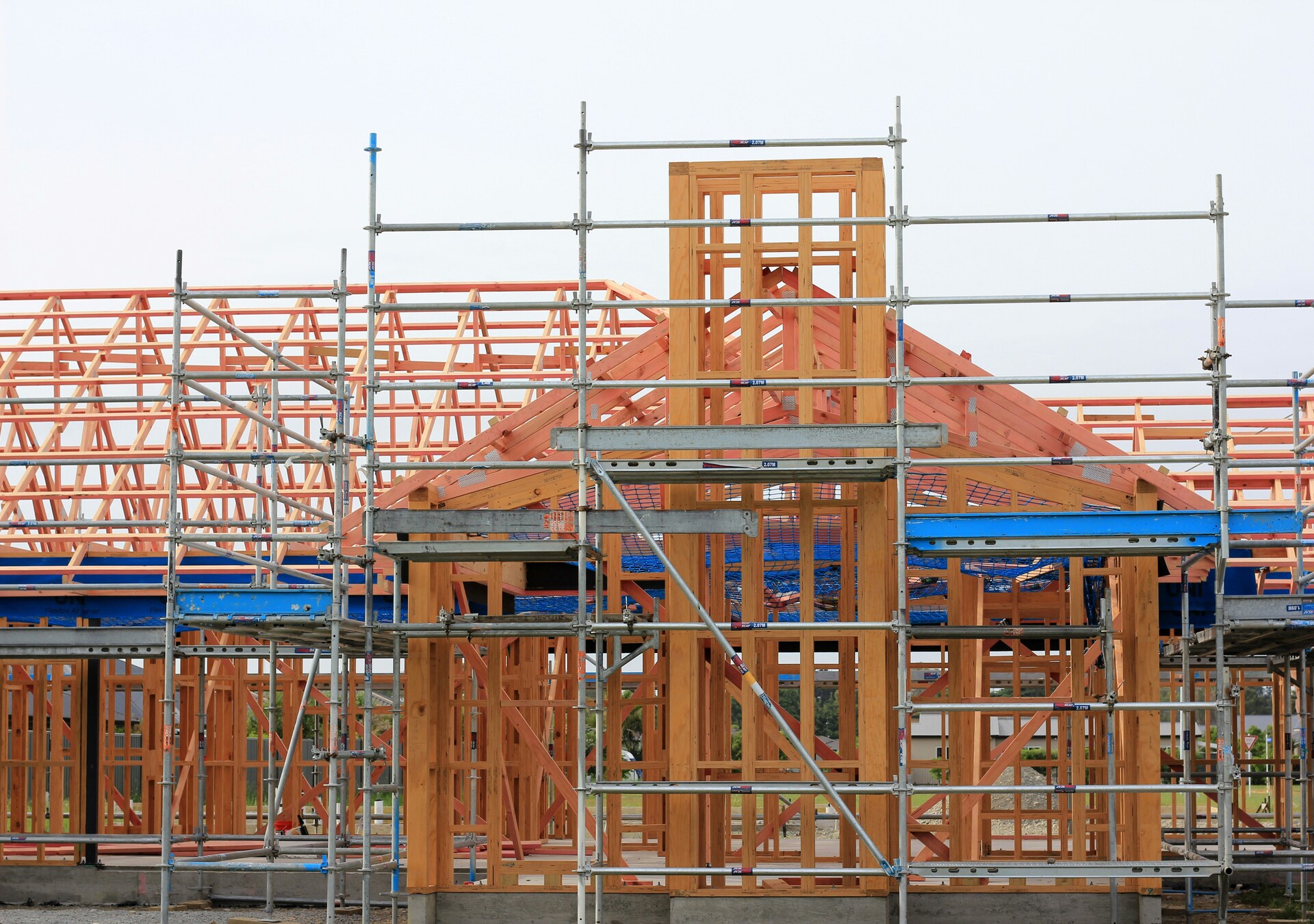In the recent case of McDonald v MAK Constructions and Building Services Pty Ltd [2024] NSWCA 63, the Court of Appeal confirmed that the Building and Construction Industry Security of Payment Act NSW (1999) (Act) preserves a party’s right to claim common law damages despite the existence of an outstanding judgment debt against it. Further, a party who has obtained a judgment debt and seeks to stay proceedings against it instead of enforcing the judgment will not be looked upon favourably by the Court.
Key Facts:
Ms McDonald (the owner) had contracted MAK Constructions (the builder) to perform residential building work (the contract). The owner terminated the contract for an alleged breach by the builder. Subsequently, the owner commenced proceedings in the NSW Civil and Administrative Tribunal claiming damages for defect rectification costs and costs to complete the works. These proceedings were eventually transferred to the District Court.
The builder separately pursued the owner for payment for works performed under the Contract via adjudication and obtained an adjudication certificate under s 22 of the Act in the amount of $246,493.20. The builder then sought a stay of the owner’s District Court proceedings until the owner had paid the judgment debt and associated costs order.
The NSW District Court granted the stay on the basis that section 32 of the Act provided that a right to claim common law damages arose only after the judgment debt was satisfied. The owner then appealed the stay on the basis that the builder had taken 6 months from the date of the stay to enforce the judgment debt by way of a writ for levy of property.
Reasons for Judgement
The Court of Appeal allowed the appeal and set aside the District Court’s stay on the basis that:
a) the Primary Judge misconstrued s32(3) of the Act. There is no qualification in section 32(3) of the Act preventing a claim for damages until the judgement has been satisfied. Specifically, the terms of s 32 of the Act state unequivocally that nothing in the Act affects any rights of a party to a construction contract. Thus, a stay would be inconsistent with the rights preserved by section 32 of the Act.
b) there was nothing on the facts stopping the builder from seeking to enforce the judgment debt. The builders’ actions of obtaining a stay instead of seeking to enforce the judgement debt, had the effect of frustrating the operation of section 32 of the Act. In effect, the builder’s failure to take “prompt and meaningful steps to enforce the judgment” had disrupted the aim of the legislative scheme in promoting a “speedy and effective means of ensuring cash flow to builders”; and
c) The Primary Judge’s error in characterising the amended statement of claim as effectively being to cross-claim was substantive, not procedural. Thus, the Court declined to stay the owners’ proceedings as a stay would prove inconsistent with the rights preserved by section 32 of the Act. Additionally, the builder’s failure to take prompt steps to enforce the judgement debt in addition to the potential financial hardship of the respective parties weighs heavily against a stay.
